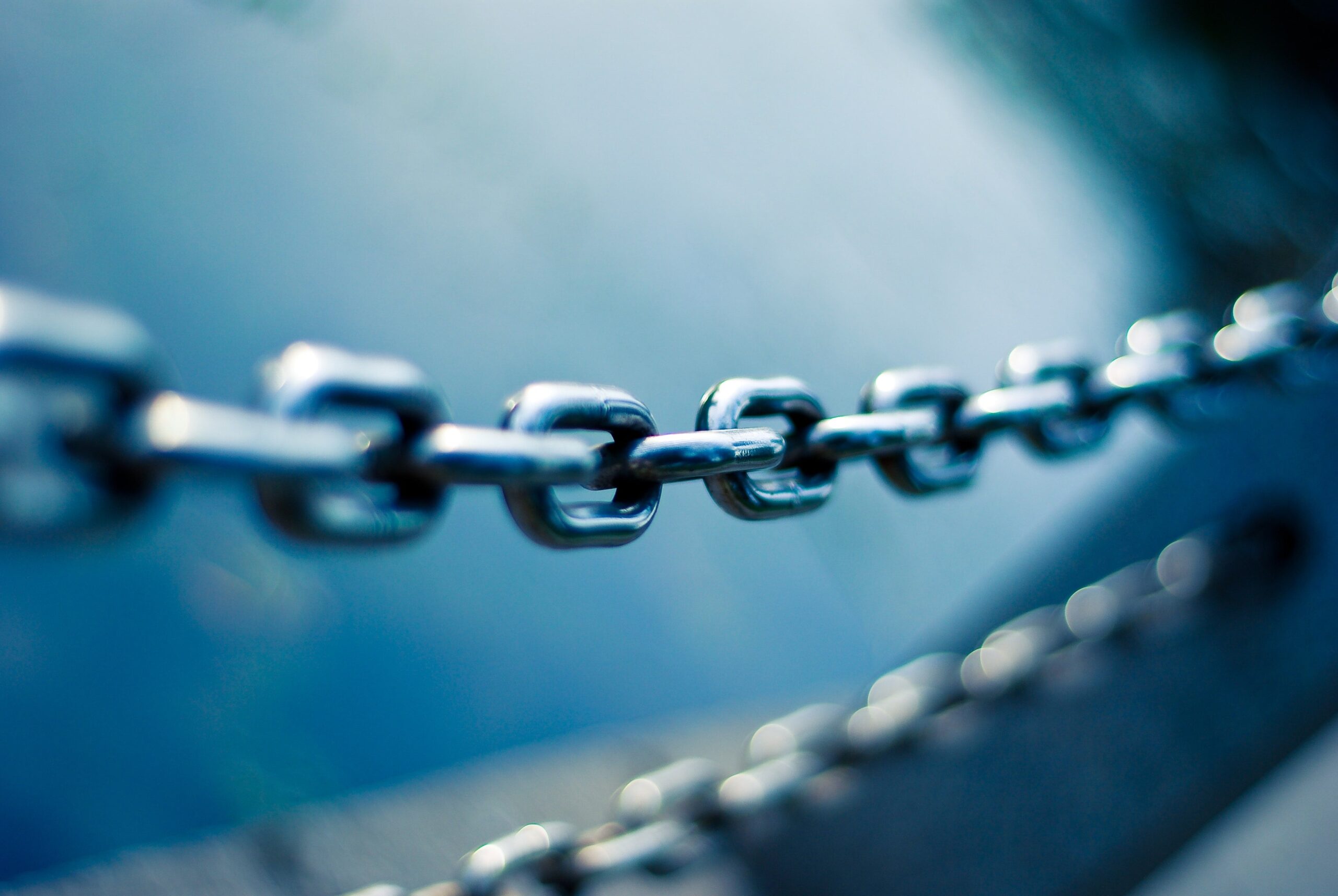Over the past couple of years, COVID-19 has disrupted global supply chains, highlighting weaknesses and pushing companies to pivot strategies and become more agile. This has led to some decisive shifts in how companies consider their supply chains. Leaders in business now acknowledge the impact that supply chains have on human life and the planet. They are willing to take decisive action to make operations compliant and sustainable on all fronts.
Increasingly, consumers want to make more conscious and environmentally-friendly purchasing decisions that align with their values. In fact, studies show that nine in ten (88%) global consumers say they prioritize buying from companies that have ethical sourcing strategies in place. Consumers care about where they spend their money and what kind of companies they support. Supply chains are under more scrutiny than ever before – the 2021 Edelman Trust Barometer revealed that 86% of global consumers expect CEOs to lead on societal issues. The truth is that consumers expect business leaders to drive transformative change. Moreover, consumers will hold businesses to account if they do drive change. Similarly, investment companies and prospective employees are also judging a company by how ethical and sustainable its model is. Beyond these factors, no company wants to be involved in a lawsuit, exposé, or a social media storm. Ultimately, adopting sustainable models and strategies is not only the right thing to do, but it also makes good business sense.
As the ‘ethical’ supply chain takes a forward-facing role in business, it poses the question: What is an ethical supply chain?
It’s as easy as ESG

Ethics is concerned with what is morally right or wrong. In the case of supply chain management, this means paying greater attention to how companies operate, from end-to-end. In the past, companies have been primarily focused on how cost effective, fast and reliable a supply chain is. Now, it is important for companies to consider sustainable practices that reduce harm to people and the planet.
For organisations, Environmental Social Governance (ESG) is a good criteria for measuring how ethical your business truly is across multiple touchpoints, namely:
- Environmental: How your company uses energy and how that energy is discarded. Relates to broader issues like energy efficiency, emissions, climate change, air and water pollution, biodiversity and water scarcity.
- Social: The social impact of your company and the reputation it fosters, both internally and externally within communities. Relates to broader issues like human rights, slavery, diversity and inclusion, anti-corruption, working conditions and labour relations.
- Governance: The internal systems, controls and procedures that your company uses to govern itself and make effective decisions. Relates to broader issues like risk management, transparency, executive compensation, board independence and shareholder rights.
ESG guidelines are proving to be useful in guiding business strategy and driving companies to be more ethical. A truly ethical strategy will have solid goals for sustainability and will take decisive action to reduce environmental harm. Similarly, an ethical supply chain will ensure that people and the broader community are not impacted negatively by operations. Stripped back to basics, a truly ethical strategy will promote happy and healthy communities and have respect for the planet.
It’s all about supplier relationships
A recent report from the Australasian Supply Chain Institute found that when it comes to having more sustainable and ethical supply chains, companies put people at the forefront, followed by the planet and then profit. While this is good in theory, the report also found that just half of the respondents believe that their company is fully compliant and expressed concerns about health and safety. Furthermore, only 30% believe they adhere to environmental regulations. So, where are we going wrong when it comes to ethics?
The reality is that supply and distribution chains are increasingly complex. A supply chain is made of interconnected links. Like a necklace, if one link is broken then the chain is broken. Outsourcing and heightened global competition mean that companies now rely on a complex network of suppliers around the world. As a result, a lack of oversight is a huge problem in supply chains.
Despite the challenges, truly ethical companies will be across all aspects of their supply chain by conducting regular audits to ensure full transparency. Ultimately, having an ethical supply chain relies on working with suppliers who share the same ethical practices. If a company partners with the wrong suppliers, they will constantly be exposed to social, financial and reputational risk.
Tools to embrace the ethical supply chain

While it can sound overwhelming, there are plenty of resources and opportunities to make change today. As we move to more ethical models of business, there are some organisations and initiatives that help companies drive change and support business leaders on the journey to improvement:
- United Nations Global Compact – Develops guidance and resources to encourage companies to make sustainability a priority from the top.
- Panjiva and S&P Global Market Intelligence – Provides data driven insights and intelligence on global supply chains.
- UN/CEFACT – A collaborative environment that transparently shares knowledge and processes.
- IDH The Sustainable Trade Initiative – Works with the sector, governments, and society to realise sustainable trade in supply chains.
Similarly, rapid advancements in technology and advanced analytics, artificial intelligence, and machine learning tools have transformed the nature of supply chain management, allowing supply chains to become truly integrated. Technology, tools, and digitization can now provide business leaders with a 360-degree view of the supply chains – if they choose to look.
Register with MISIO to accelerate ESG, to grow profit and share your ESG journey for the world.


Leave A Comment
You must be logged in to post a comment.